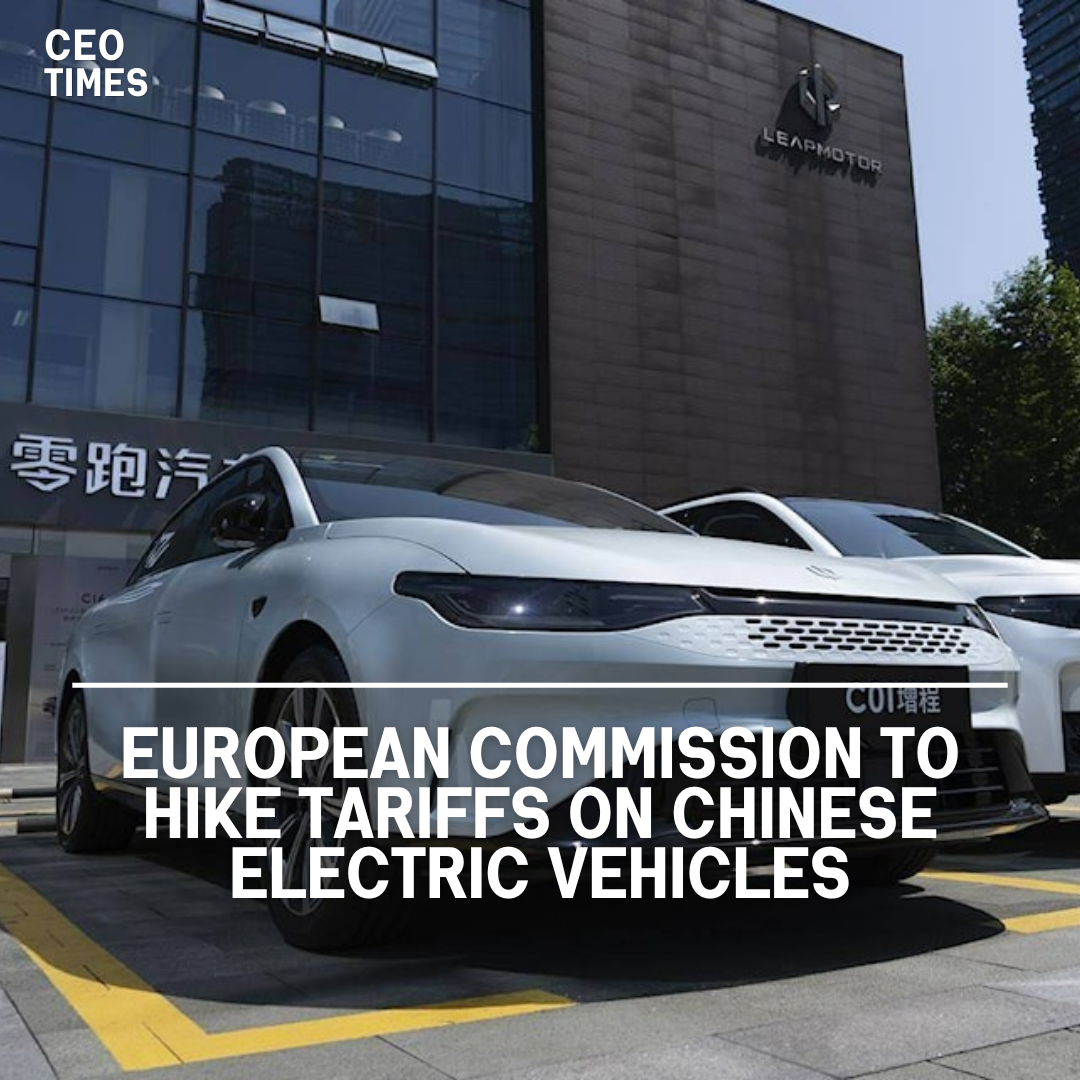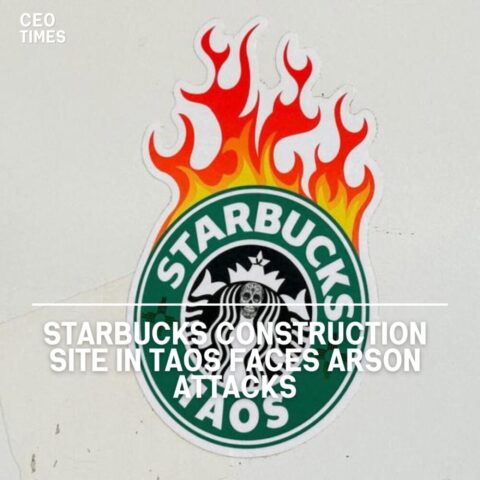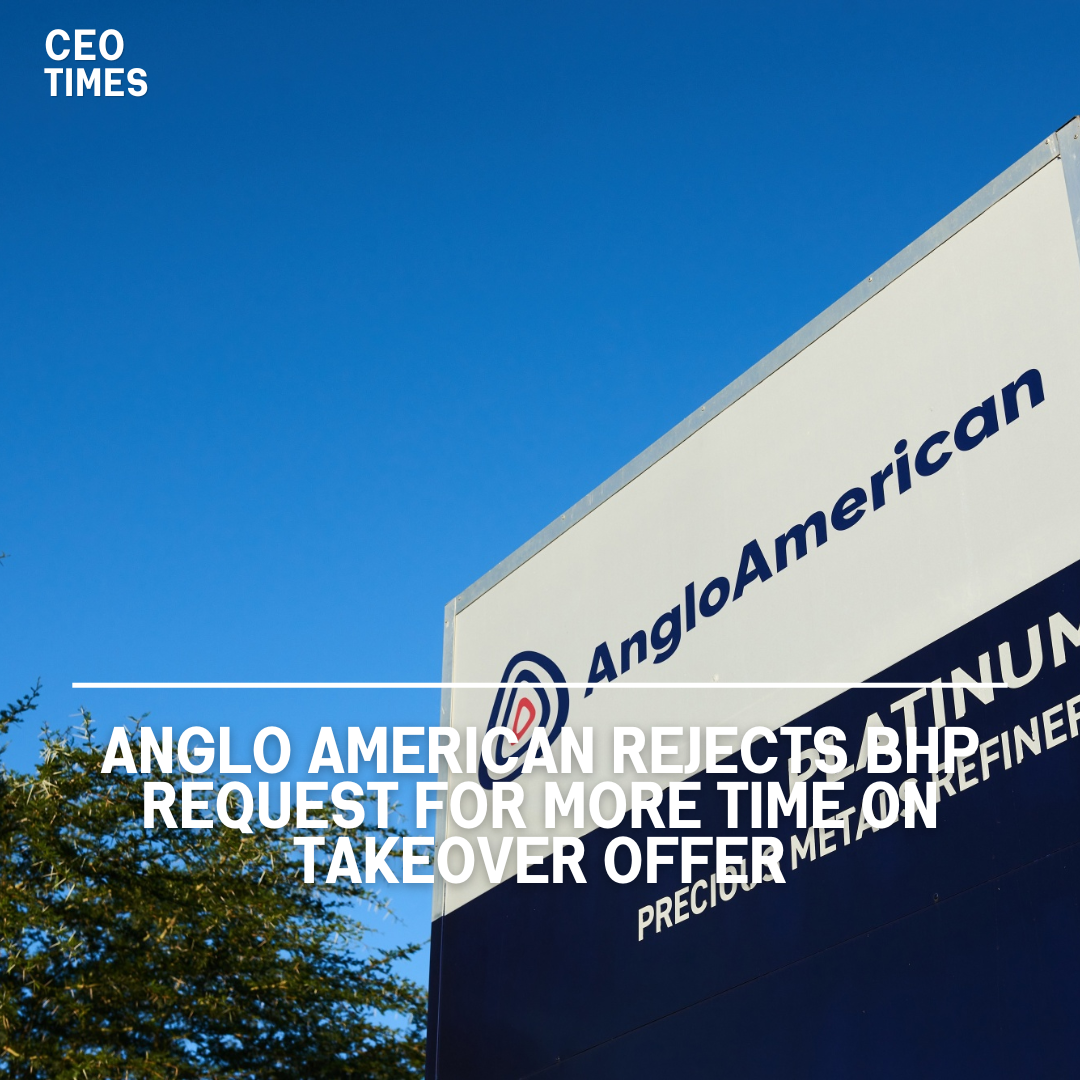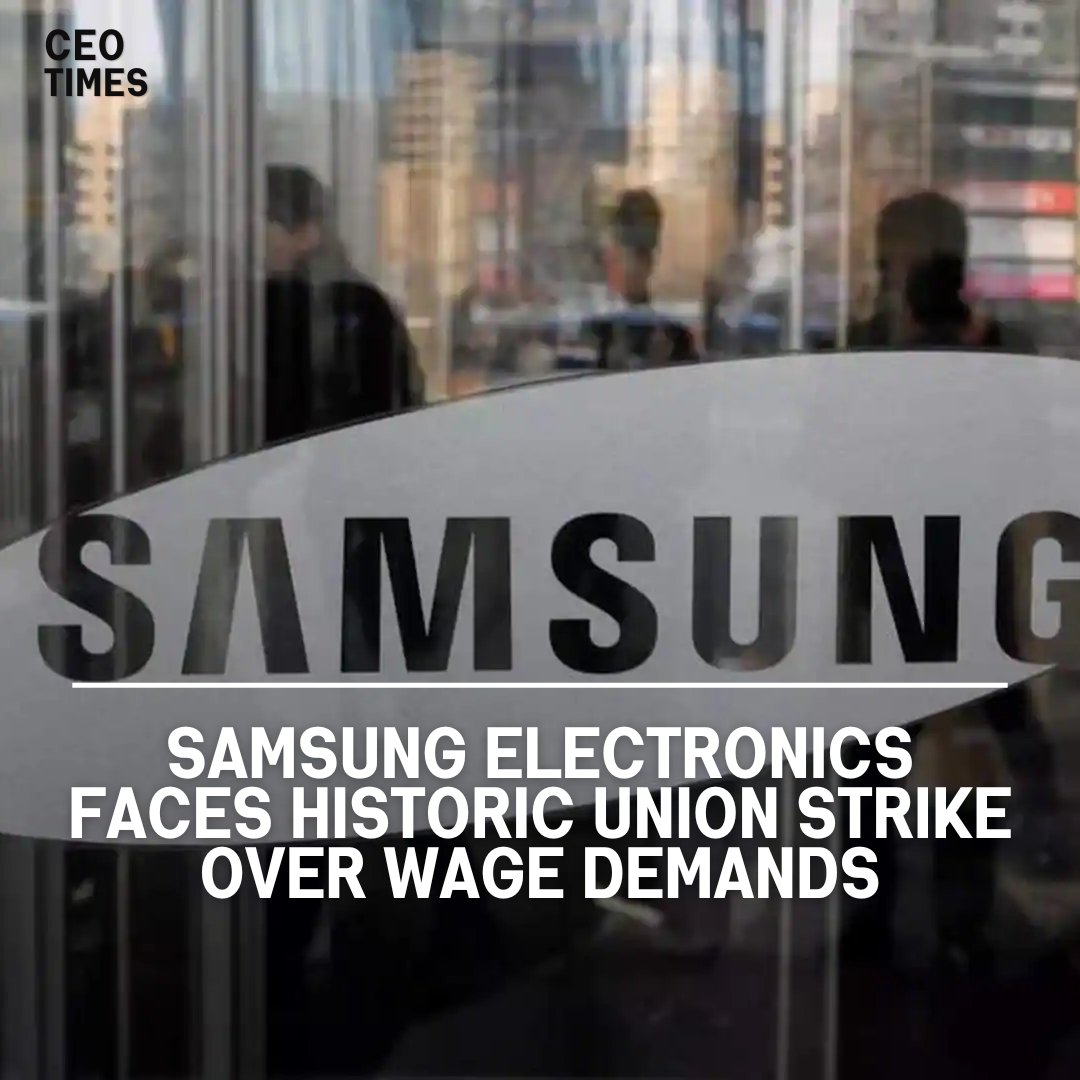The European Commission’s expected move to hike tariffs on Chinese electric vehicles (EVs) is set to kick off a round of talks that Chinese executives hope will soften the blow for the world’s biggest EV industry.
The provisional tariffs, expected to be announced by June 5, will be a sticker shock for Chinese electric car makers, representing billions of dollars in new costs.
Based on 2023 trade data, every additional 10% in European Union tariffs on top of the existing 10% levy would cost China’s EV exporters about $1 billion.
That cost will grow this year as Chinese EV makers expand exports to Europe. Past EU subsidy investigations on imports from China of other products have resulted in extra duties ranging from about 9% to 26% for companies cooperating with the investigation.
Analysts see EV tariffs broadly in that range. The duties would be imposed from early July but could apply retroactively for the three prior months.
Reasons for Negotiation:
Both Europe and China have reasons for wanting to strike a deal. China’s EV industry needs profitable exports to the world’s third-largest economy to counter falling margins at home.
At the same time, German automakers want access to China’s auto market and EV partnerships to drive costs down.
Potential Chinese Countermeasures:
China has signaled it is readying alternatives for the bargaining ahead. The EU provisional duties could be challenged or even dropped if a large enough share of EU governments oppose them after four months.
The China Chamber of Commerce to the EU, a trade group, said last week that Beijing was considering hiking tariffs on large-engine car imports to 25%.
Two people with knowledge of the matter said China has also floated the idea of lowering tariffs on EU auto imports to 10% from 15%.
Specific Companies Targeted:
The European Commission has warned BYD, SAIC, and Geely that they did not provide enough information in response to its investigation of subsidies.
That could clear the way for higher tariffs on those companies, a reference that will be used to set levies for the rest of the industry in China.




















